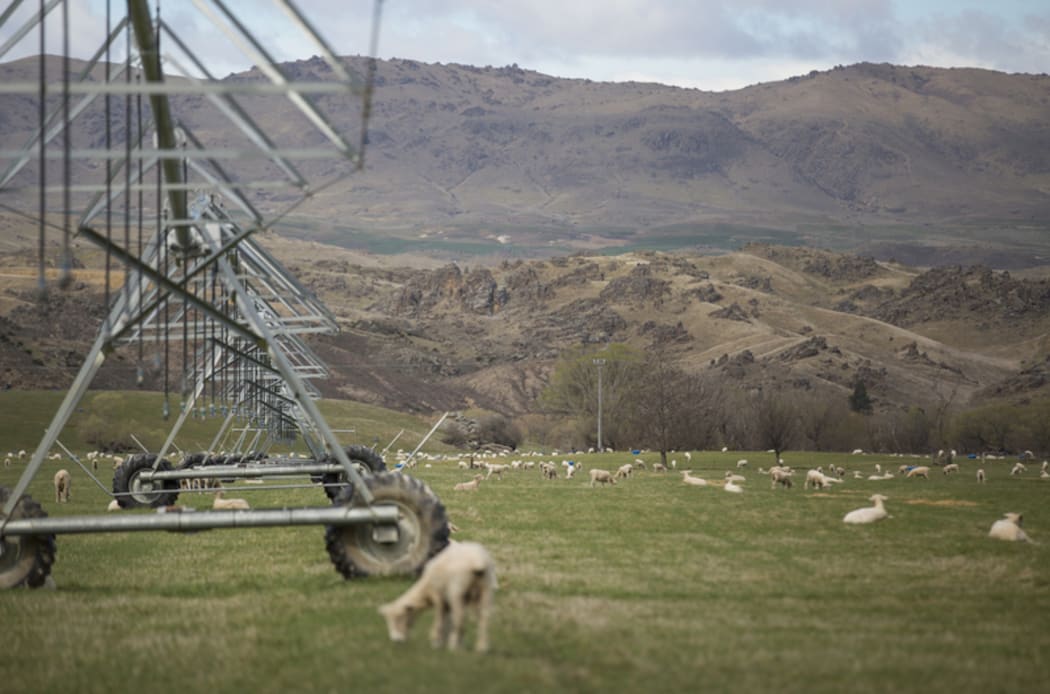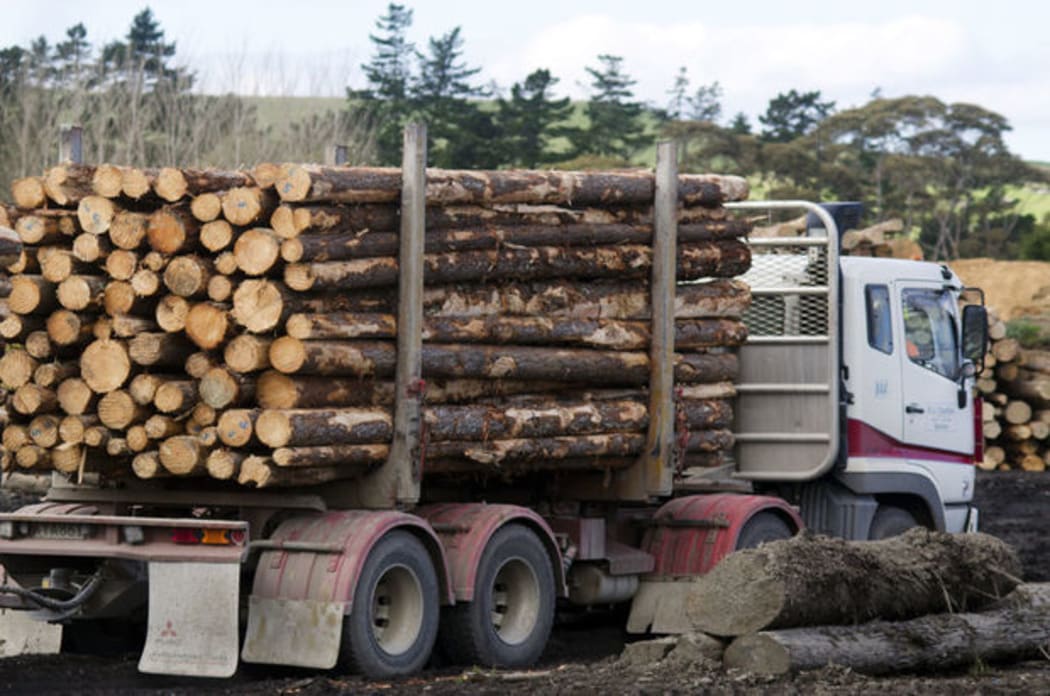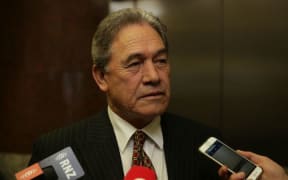The new policies announced by the incoming government this week are a mixed bag for the rural sector, Federated Farmers says.

Photo: RNZ / Rebekah Parsons-King
The deal between Labour and NZ First includes a $1 billion fund for regional development, scrapping the controversial water tax, boosting biosecurity funding, creating a forestry sector, and bringing agriculture into the Emissions Trading Scheme.
Another big move from the government is to stop the Crown subsidies for new irrigation schemes.
Crown Irrigation was set up in 2013 to help regional water schemes get off the ground, and the National government had committed to providing it up to $400 million, with $120m spent so far.
Federated Farmers president Katie Milne said the halt of irrigation funding was a bit of a blow.
"In those areas that are dry, irrigation is life blood. That is the thing that makes a business succeed or not, and that is a very big driver for growth in the regions that are dry.
"People have got tangled up in the fact and assume it only means more dairy farms and that is clearly not true."
She said some regions are very horticultural-based and water gives growers options.
"Nobody knows what will be the crop of the future in five or ten years - we've come through New Zealand agriculture wool booms, lamb booms, beef booms, dairy booms... what is the next one?
"They talk about plant protein being the next one. We should enable our communities to have options, if we take away the ability to add irrigation into the mix... I think you limit us in what the future holds - I think it is very shortsighted."
The government said it would honour the existing Crown Irrigation investment commitments.
Ms Milne said one low point for farming in the deal was the news that farmers will have to wait and see if, and when, agriculture is absorbed into the Emissions Trading Scheme.
"There is concern that if this should happen New Zealand will become less competitive with other food producing nations.
"Our farmers are currently very efficient and pay for energy Co2 emissions on coal fuel and electricity like all Kiwis. And while no other nation has agriculture in an ETS, it will make for an uneven playing field and make us less competitive."
Forestry sector 'cautiously optimistic'

There have been four forestry deaths this year. Photo: 123RF
The forestry industry is cautiously optimistic about the new government's commitment to the sector.
Detailed policies between Labour and New Zealand First and the Greens were released yesterday, which showed a commitment to re-establishing the New Zealand Forestry Service, setting up an independent climate commission and planting 100 million trees a year.
A dedicated service will help to boost the industry's profile said the Forest Owners Association's chief executive, David Rhodes.
The main element a dedicated body gives the industry is the ability to take a strategic overview and make things happen.
"At the end of the day it is ok to have a plan, but really you need a government agency that has got that skill and budget to help makes things happen.
"That is what we have not had and I think it will make a difference," he said.
However, Mr Rhodes warned that if restrictions are placed on forest owners to supply a certain percentage of wood to domestic mills, it could put them off replanting.








